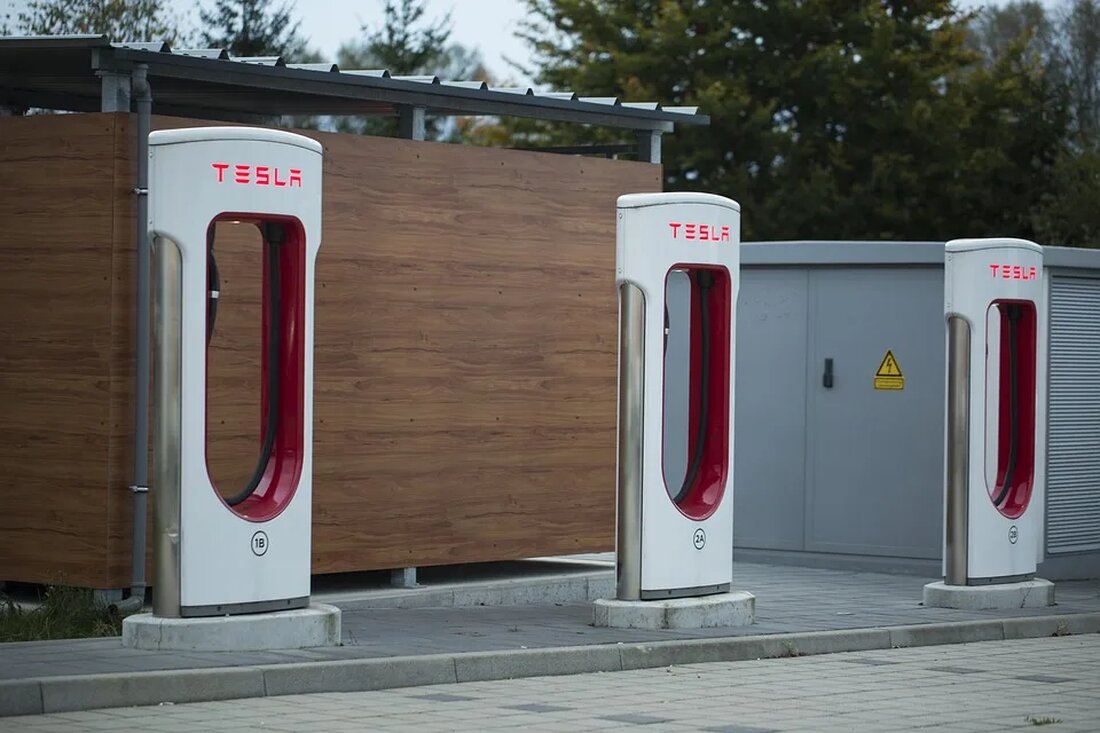Environmentally conscious parenting: tips for parents
Environmental Education: Tips for Parents Environmental education is an essential aspect that helps children understand the importance of protecting our planet and encourages them to adopt environmentally friendly practices in their daily lives. As parents and caregivers, we often ask ourselves how we can teach our children these values and promote sustainable living. Below is a comprehensive guide with tips and strategies that can help you raise your children to be environmentally conscious citizens. Definition of environmentally conscious education What is environmentally conscious education? Environmentally conscious education includes teaching methods and activities that teach children the value of the environment...

Environmentally conscious parenting: tips for parents
Environmentally conscious parenting: tips for parents
Environmental education is an essential aspect that helps children understand the importance of protecting our planet and encourages them to adopt eco-friendly practices in their daily lives. As parents and caregivers, we often ask ourselves how we can teach our children these values and promote sustainable living. Below is a comprehensive guide with tips and strategies that can help you raise your children to be environmentally conscious citizens.
Definition of environmentally conscious education
What is environmentally conscious education?
Environmentally conscious education includes teaching methods and activities that make children aware of the value of the environment and the importance of preserving it. It teaches children how their decisions and actions can affect the environment and promotes a sense of responsibility and respect for nature.
Importance of environmentally conscious education
Environmental education is essential to give children an understanding of nature and how to protect it. Through this type of education, children learn to think and act in a future-proof manner. They gain understanding of the connection between their individual actions and the global impact on the environment.
Tips for environmentally conscious parenting
Learning important things: connections in nature
Children learn best by observing and imitating. Take advantage of opportunities to explore nature with your children. Explain important ecological relationships to them, such as the water cycle or photosynthesis. Such activities promote interest and knowledge about nature and motivate children to care about the environment.
Live sustainably in everyday life
Live an environmentally conscious lifestyle. Children learn through interaction and observation. If they see you implementing sustainable practices on a daily basis, such as recycling waste, saving water, using eco-friendly transportation, they will adopt these habits much more easily.
Involve children in decision-making
Allow your children to participate in planning family sustainable actions. This could include planning a vegetable garden, choosing organic produce when shopping, or opting for eco-friendly recreational activities. Such activities can give children confidence that they can make a positive contribution to the environment.
Promote sustainable consumption
Explain to your children the difference between “need” and “want.” This can help them think more consciously about their consumption and purchasing decisions. You can also emphasize the value of recycling and reusing items to reduce waste and conserve resources.
The role of educational institutions
School plays a crucial role in children's environmental education. Incorporating environmental topics into the classroom helps children understand their role in preserving the environment. Schools can also offer opportunities for sustainable learning, for example by setting up school gardens or implementing renewable energy projects.
Conclusion
Promoting environmental awareness among children is an essential task for every parent. By incorporating the above practices into daily parenting, parents can help their children develop a deep understanding and respect for the environment. This will better prepare them to make responsible decisions and take active roles in environmental protection. The future of our planet depends on our efforts to inform, educate and encourage next generations to work towards preserving and restoring the environment.

 Suche
Suche
 Mein Konto
Mein Konto
